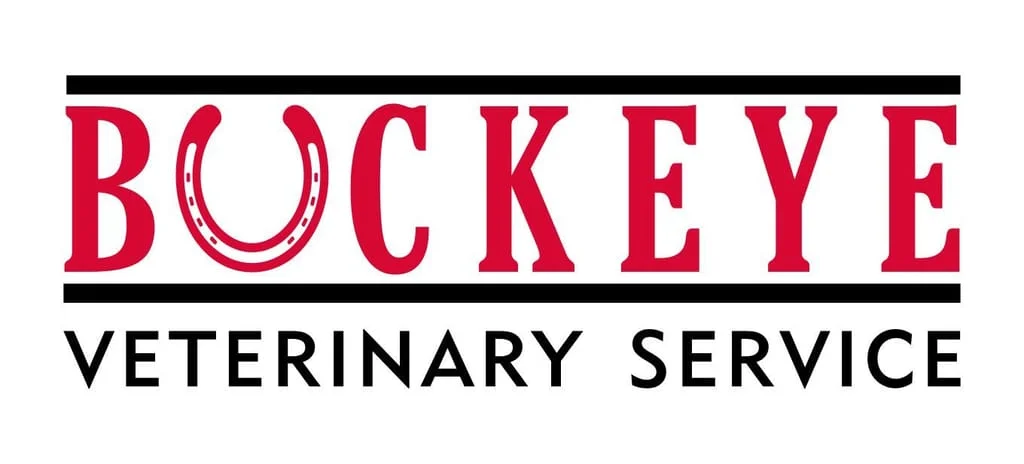Colostrum is the first milk secretion produced by the mare immediately post foaling. Its' appearance should be opaque, yellow, thick and sticky. Normal colostrum contains high levels of antibodiesspecifically known as IgG, IgM and IgA, the greatest quantity being IgG. These antibodies are very important because they aid in protecting the foal against infections. Infections occurring after birth (parturition) are most likely due to inadequate colostral antibody transfer from the mare to the foal.
The foal is born immunocompetent, (it has an immune system). However, the foal's immune system is not completely functional at birth. It is slow to respond to and has low antibody production against infection, therefore it is quickly overwhelmed by bacteria found in the normal environment. Unlike many other animal species where the mother can transfer these all important antibodies to its fetus(es) in utero through circulation, this does not occur in the horse. This is because the mare's placenta is thicker than other animals, effectively separating the maternal and fetal circulation. Thus, there is no transfer of maternal antibodies to the fetus in utero and the foal is born without circulating IgG.
Protection against infections, or at least a fighting chance, occurs when the foal nurses and thus ingests colostrum enriched with the infection fighting IgG antibodies. This is known as Passive Transfer of antibodies.
Colostral antibodies are absorbed through the foal's GI tract, specifically the intestines. Failure to get sufficient amounts of antibodies can lead to serious consequences such as septicemia, multiple localized infections or death. This inadequate transfer of antibodies is known as partial or complete Failure of Passive Transfer (FPT).
Absorption of antibodies through the foal's GI system occurs for the first 24 hours of life, however, the peak absorption time appears to be within the first 8 hours after birth. If your foal hasn't received colostrum by the first 12 hours of life it may be too late to use this mode of antibody transfer. Some of the reasons FPT occurs include;
- failure of the mare to produce antibody-rich colostrum,
- premature lactation (the mare drips milk before giving birth)
- the foal fails to nurse or the foal nurses and does not absorb the antibodies. A foal that ingests 1 to 2 liters of good quality colostrum should have an antibody level of 800 - 1000 mg/dL.
There is some controversy about what level is considered adequate for protection since not all foals with low levels of IgG will become septic. However, the majority of septic foals have IgG levels below 800 mg/dL.
Other risk factors which can influence whether or not a foal becomes ill are:
- unsanitary housing conditions,
- age of the mare, gestational age of the foal (premature or post mature foals are at greater risk)
- health and condition of the mother
- difficult birth and presence of new bacteria or pathogens in the environment for which the mare has no antibodies (that is, moving a mare to a new place less than one month before delivery).
You cancheck your foal for adequate protection by having your veterinarian draw blood and check the level of IgG. The blood sample is drawn post foaling after the foal has nursed. In order for the test to detect the antibodies, the blood is drawn no earlier than 12-14 hours post nursing. This gives the antibodies time to be absorbed through the intestinal wall and enter the blood stream. If you know ahead of time there is a chance your foal will not be protected, such as premature lactation, failure to nurse or the mare dies after giving birth, there are other means to provide antibodies.
Colostrum banks are generally available on a local basis. On large farms, foaling mares are milked a short time post parturition. This colostrum is tested for adequate levels of IgG by use of a device which measures specific gravity. The specific gravity should be greater than 1.060 to benefit the foal in question. Once the colostrum is found to be of good quality, it is frozen for future use. If no colostrum is available, enriched plasma can be given orally if the foal is less than 24 hours old (preferably within 8 hours of birth) or intravenously if greater than 24 hours after birth.
You can do your best to help your mare produce adequate antibodies by implementing a regular vaccination schedule throughout her pregnancy. Pre-foaling boosters 4 to 6 weeks prior to her estimated due date will help to boost the antibody level in her colostrum. Also, be prepared by observing your mare as she approaches foaling. Is she developing an udder? Is she dripping milk as she approaches foaling?
If you have any questions or at the first sign of trouble, contact your veterinarian straight away. Your best source of information is your veterinarian. The sooner problems are addressed the better. Remember, your foal's life is counting on you!

